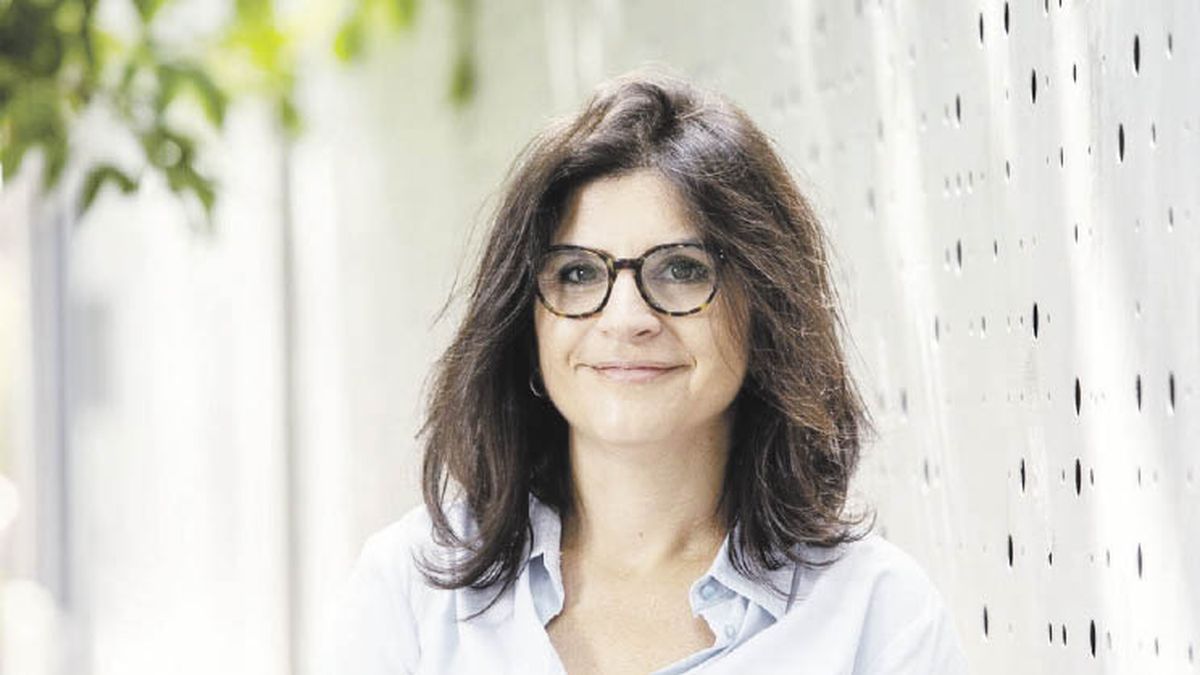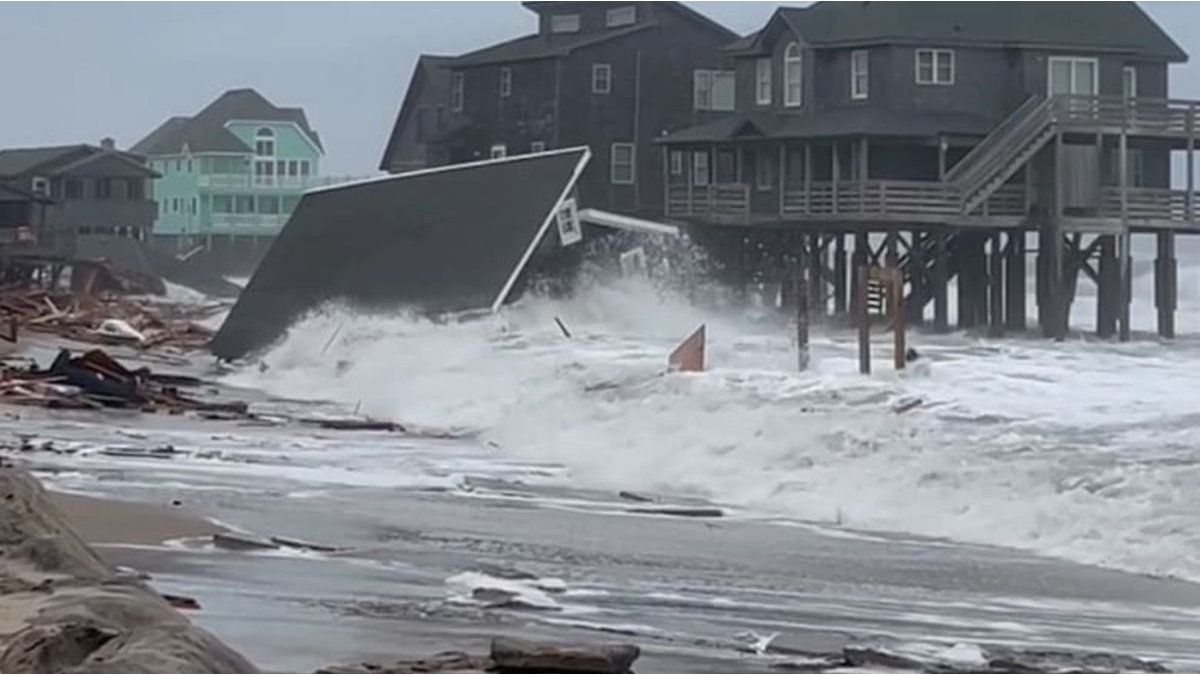Julia Coria: One day I read in a newspaper the news of a girl who had been murdered and the family of the boyfriend, who was the murderer, had buried her under the gallery of the house. That scenario left me spinning. More than thinking about femicide, what I thought was that that gallery of the mansions is a place of passage to the rooms, of rest, of children’s games, of birthdays, of celebrations. I imagined the celebration of a Christmas toast, boys running after a ball or someone in a deck chair drinking mate and reading the newspaper. On that floor that hides a murdered woman I saw two neighbors chatting. The fact that there was a loving, festive, family atmosphere, on the horror of the crime had me dazzled. It prompted me to write, and the first thing that came up was the agreement that sealed a pact that we are going to protect ourselves, to be happy no matter what. This is how that house was populated by a large family, very integrated, with a loving and implacable grandmother, who is the narrator of the story of her horde.
Q.: It is a carnivalesque world crossed with murders.
JC: I came from an Italian family, where it was typical that from time to time there was a long table populated with people, with food, with that crazy thing of “it doesn’t matter if someone dies, that’s why you won’t stop eating”. What matters to Grandma is that no one has to eat the ravioli that she doesn’t like.
Q.: Why doesn’t the narrator have a name?
JC: I was asked many times why I didn’t say my grandmother’s name, and I always answer: because I don’t know him. I followed her, I listened to her. Everyone calls her Grandma. She is an archetypal figure.
P.: She is the detective in the story and she even has Zuli, who is like Watson for Sherlock Holmes.
JC: Grandma is Sonia’s mother. And her daughter, who is an obstetrician, who already has four husbands, has given her mother a lot of grandchildren to take care of her; she on top of her now she’s on her seventh pregnancy. The grandmother and her peer, her partner Zuli, are addicted to police novels, and are altered by a series of femicides, which involve the family, and Sonia professionally. The cases have fueled media sensationalism. That makes unveiling the enigma of these crimes essential for the grandmother’s survival of the horde. With so much at stake, Grandma and Zuli get deeply involved. The police do not achieve anything, and police novels have taught them how to investigate. To follow the grandmother and Zuli in their investigations I had to dedicate myself to reading all kinds of police reports, until I was sick.
Q.: What crime writer was the one who paved the way for what you wanted to write?
JC: For some, the least expected, the Franco-Moroccan Daniel Pennac. He built a police saga of some seven novels starring Benjamin Malausséne, head of a family living in the Belleville neighborhood of Paris, a group that proclaims itself the Malausséne tribe. There I found that the family scenario offers spontaneous dialogue, the economy of reasoning, the excesses that are opposed to the clockwork of the police. That narrative strategy of the mess, the canchengue, I only found in Pennac. All the time overflowing, and in the middle a precision mechanism that allows unraveling the crimes. I had been imagining a family from Belgrano, with the chaos of a lot of kids, with different school or college schedules according to age, with different parents, with different meals to prepare. Many know Pennac for the essay “Like a Novel”, where he lists the rights of the reader, or for his children’s books, and they miss that fantastic series, perhaps because many of his books are in French or do not reach here .
P.: It was changing types of stories.
JC: The first, “Permission to Love You” was a storybook that was presented as a novel because the stories are intertwined. Later I dedicated myself exclusively to sociology and wrote, for example, with Verónica Batiuk, “Educational opportunities at the initial level” for UNICEF. I was finishing my doctoral thesis when the novel “Everything goes well for us” came out, which is the autobiographical chronicle of the accompaniment of my husband who was sick with cancer. And from 2008 until now that it was published I was working on “The Primitive Horde”.
Q.: Is the detective grandmother going to have to solve new cases?
JC: I started a second part, but first I’m finishing a book of stories.
Source: Ambito
David William is a talented author who has made a name for himself in the world of writing. He is a professional author who writes on a wide range of topics, from general interest to opinion news. David is currently working as a writer at 24 hours worlds where he brings his unique perspective and in-depth research to his articles, making them both informative and engaging.




